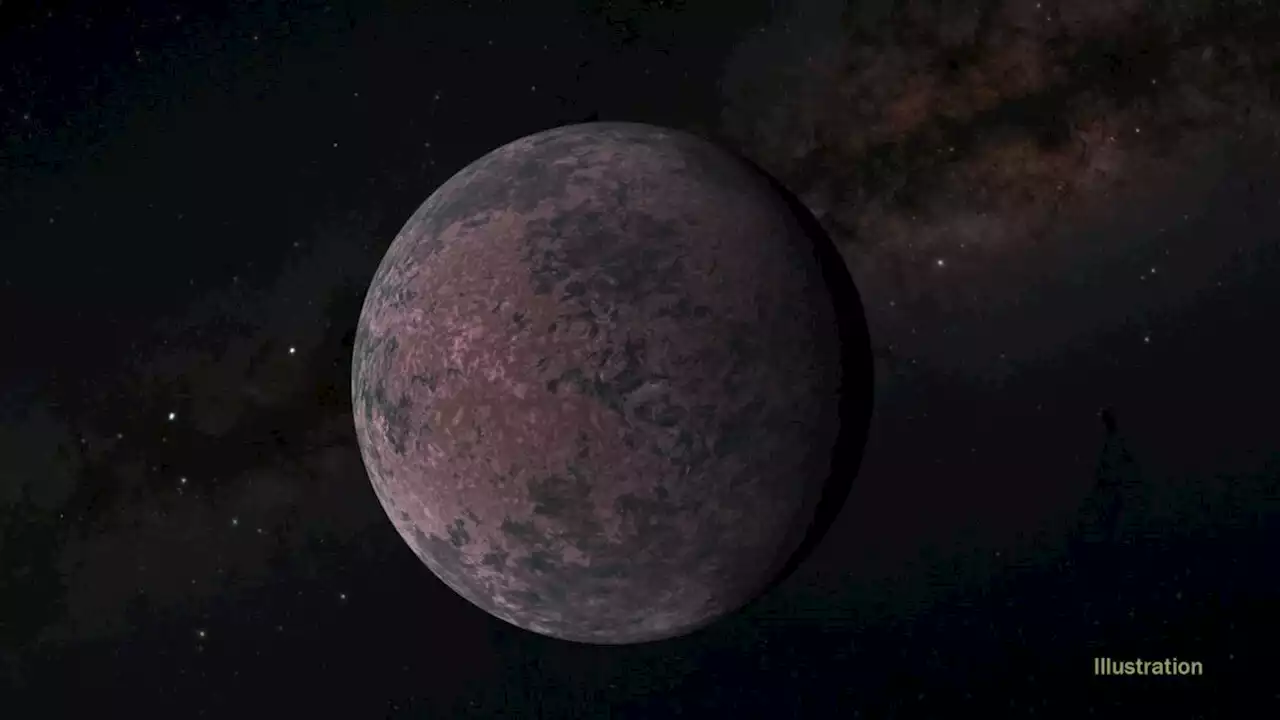Robert Lea is a science journalist in the U.K. whose articles have been published in Physics World, New Scientist, Astronomy Magazine, All About Space, Newsweek and ZME Science. He also writes about science communication for Elsevier and the European Journal of Physics. Rob holds a bachelor of science degree in physics and astronomy from the U.K.’s Open University. Follow him on Twitter @sciencef1rst.
passed behind its star — an arrangement called a"secondary eclipse" — they discovered that the planet's dayside temperatures reached a scorching 2,242 degrees Fahrenheit .
Moreover, the team found that GJ 1252 b has a surface pressure of no more than 10 bar, which indicates that its atmosphere — if it exists — must be substantially thinner than that ofThe astronomers calculated that on GJ 1252 b, an even atmosphere thick enough to cause a surface pressure 10 times greater than this would have been stripped from the planet over the course of a million years — much shorter than the exoplanet's estimated lifetime of 3.9 billion years.
